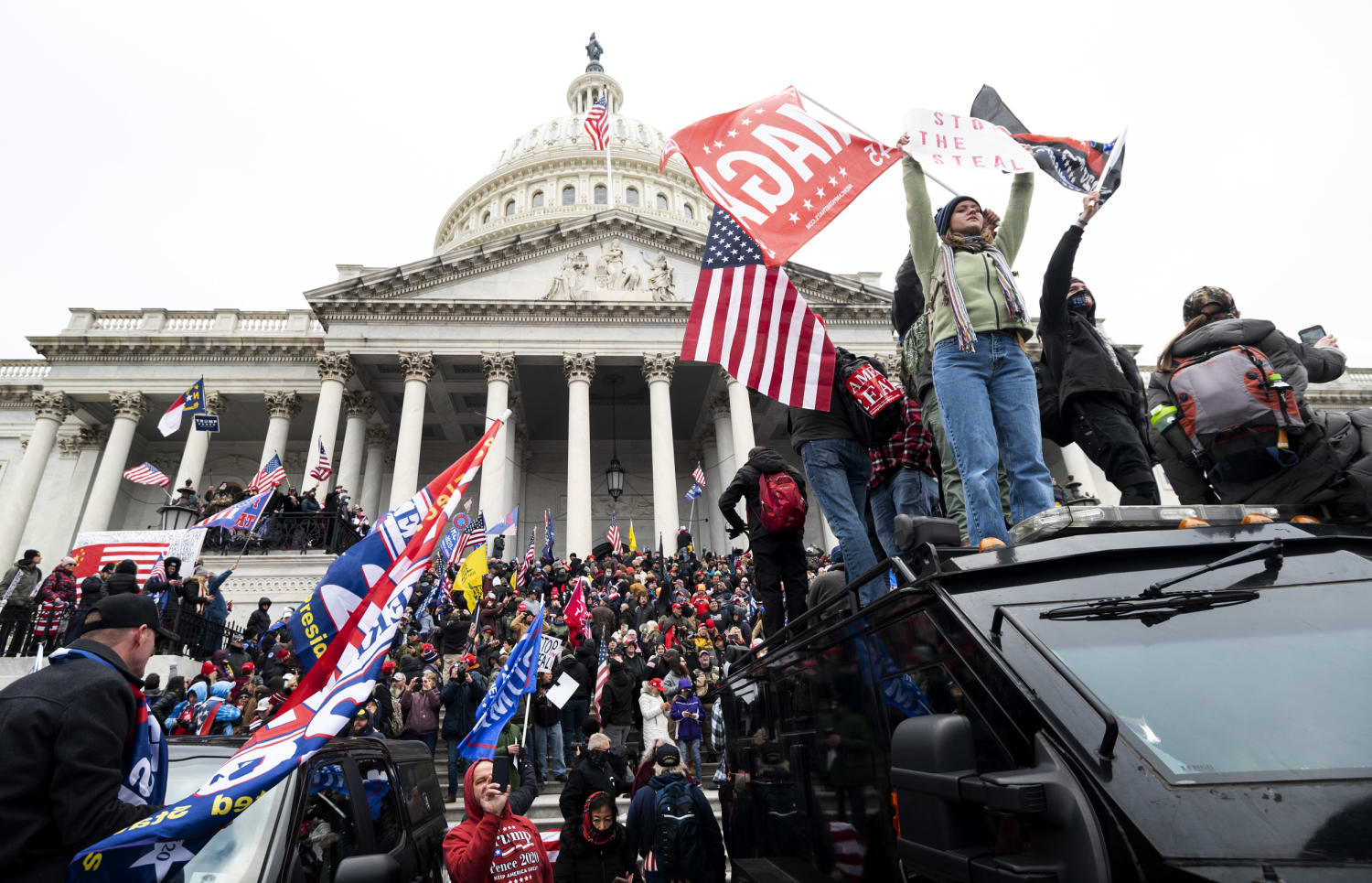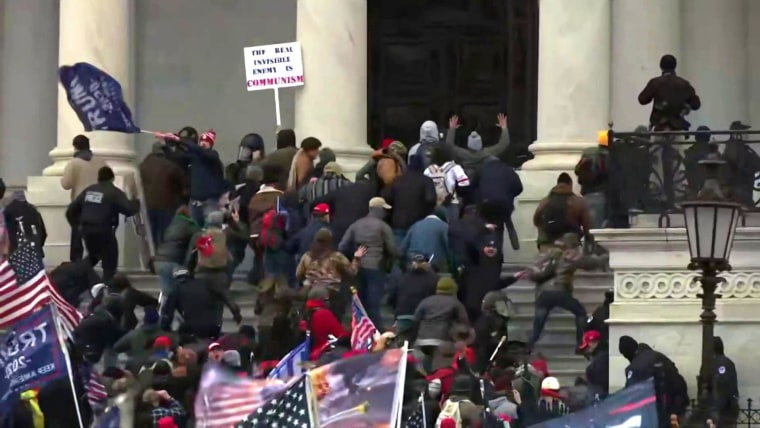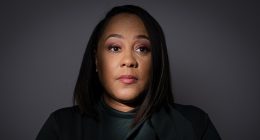WASHINGTON — The acting chief of the U.S. Capitol Police and acting House sergeant-at-arms will tell a House subcommittee Thursday that the intelligence collected in advance of the Jan. 6 assault on the Capitol failed to predict the planned riot by Trump-supporting extremists.
Their comments will echo the testimony their predecessors provided to the Senate earlier this week.
In prepared remarks, acting Capitol Police Chief Yogananda Pittman says that her department prepared for that day’s events based on the information gathered by law enforcement, including the FBI and the intelligence community.
None of that information “indicated that a mass insurrection of this scale would occur at the U.S. Capitol on January 6th,” Pittman says in her prepared remarks to the House Appropriations subcommittee that oversees funding for the legislative branch.
Pittman, who replaced former Capitol Police Chief Steven Sund after he resigned following the attack, explained that her department had prepared a “special assessment” on Jan. 3 that outlined what they expected to take place three days later. The assessment, she said, noted that “militia members, white supremacists, and other extremist groups” planned to participate in the event and that the groups planned to be armed. It also said that “the threat of disruptive actions or violence cannot be ruled out.”
That assessment was “shared widely” among Capitol Police and emailed to all officers above the rank of sergeant, said Pittman, who added that sergeants and lieutenant were then responsible for communicating its information to rank-and-file officers. It was also emailed to the House and Senate sergeants-at-arms, she said.
Based on the assessment, the Capitol police made “significant changes” to their security posture, which involved increasing protection for certain members of Congress, deploying agents to provide protection outside the homes of congressional leaders and sending “countersurveillance agents” to the Ellipse just south of the White House, where President Donald Trump was holding his rally, on the morning of Jan. 6. They also made plans to “intercept the radio frequency used by some demonstration group” and monitor their communications that day.
Despite the assessment, “the department was not prepared for the massive groups of violent insurrectionists that descended” on the Capitol,” Pittman said. She said Capitol police were “quickly overwhelmed” by thousands of insurrectionists, many of whom were armed. The intelligence from the FBI and other law enforcement agencies didn’t include “any specific credible threat that thousands of American citizens would attack the U.S. Capitol.”
Ultimately, Pittman said that her department still “succeeded in its mission” that day to protect congressional leaders, all lawmakers and the democratic process.
Acting House Sergeant at Arms Timothy Blodgett said in his prepared testimony for the hearing that “the tragedy of January 6th is rooted in missing intelligence and analysis that negatively impacted the decision-making process.”
“Intelligence requires finding the needles in a haystack,” he wrote. “On January 6th, there was a failure to either gather, synthesize, or disseminate intelligence and there were indications that intelligence was muddled or contradictory. The intelligence provided to the Capitol Police and other law enforcement did not anticipate a coordinated attack.”
Blodgett replaced Paul Irving, who resigned as House sergeant-at arms after the attack. Blodgett said while his office received the Jan. 3 assessment from the U.S. Capitol Police, every single subsequent intelligence report over the next three days indicated only “remote, highly improbable, or improbable” chance of civil disobedience or arrests, he said.
“The intelligence missteps cascaded into inadequate preparation, which placed the health and lives of front-line officers at risk,” he said.
The security changes planned in the wake of Jan. 6 will “come with an accompanying cost,” Blodgett said.
“It will not only take funding, manpower, and training, but also changing organizational structures to ensure that security needs are met,” he said.
Source: | This article originally belongs to Nbcnews.com











